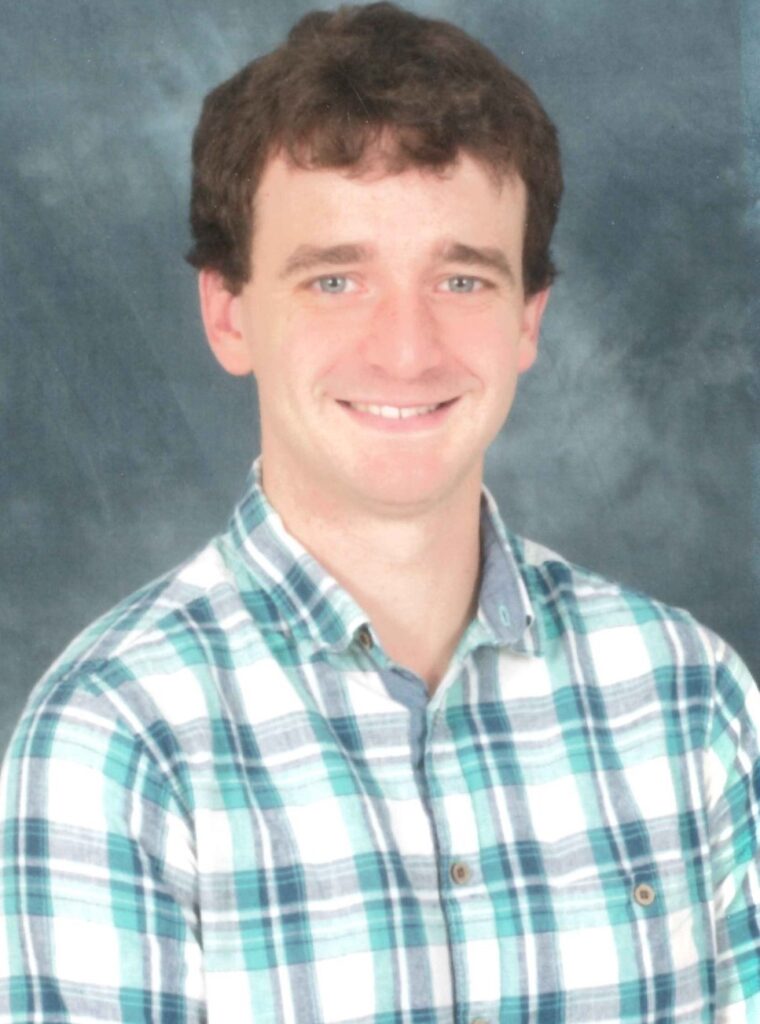For this edition of the QUOD newsletter, the spotlight shone on Daniel Eggleston who is a Senior Clinical Scientist within the field of Histocompatibility and Immunogenetics (H&I) at the Manchester Royal Infirmary and a Regional Operational Coordinator (ROC) for QUOD.

Dan’s first foray into the field of organ transplantation began following his undergraduate studies in Biochemistry at Royal Holloway University, where it became clear that he wanted to pursue the applied sciences more. He completed a master’s degree in Transfusion and Transplantation Science at Bristol University before joining Anthony Nolan, a charity dedicated to matching potential donors on a growing stem cell register to patients with blood cancer and blood disorders. The organisation also facilitates research working towards improving survival rates and quality of life after transplantation, providing post-transplant care.
When asked what advice he would give to any graduate students looking for a foothold in the applied sciences, which is often competitive as entry level positions are highly sought-after, he advised reaching out to relevant companies, making connections and being persistent. Dan also recommended tailoring the application to focus on experience garnered while completing University projects that are relevant to the skillset outlined for the position.
As a Senior Clinical Scientist for a H&I laboratory, Dan uses Polymerase Chain Reaction (PCR) techniques to identify patient and donor Human Leucocyte Antigens (HLA) supporting organ transplantation (such as kidney, heart, lung, islet and pancreas), as well as stem cell and bone marrow transplantation, of which Dan is a donor himself. Dan can often be found on call, assessing the HLA type of a potential deceased organ donor, and creating a crossmatch or compatibility assessment to test if an organ from a potential donor can proceed to transplantation. Dan finds the on call work the most rewarding aspect of his role, though he has noted how challenging it can be during this time when balancing all the different offers of transplantation from potential donors across the country and trying to help as many patients and potential transplant recipients as possible following delays attributed to the COVID-19 pandemic.
When not using his favourite piece of equipment in the lab, a PCR system for rapid cycling and tissue typing called the LightCycler, Dan supports the work of QUOD as a Regional Operational Coordinator (ROC) with Manchester being one of the regional centres for the biobank. This role involves taking receipt of QUOD boxes from the Manchester organ retrieval team, then centrifuging, aliquoting and freezing the blood, urine and bronchoalveolar lavage (BAL) samples, and shipping the box containing tissue biopsies to the hub at Oxford. Dan is also responsible for adding information from the QUOD worksheet to the QUOD database, which is integral for maintaining the traceability of the samples collected from a particular donor. Further to this, Dan has recently become the ROC representative on the QUOD Steering Committee. Part of this role is to provide feedback on research proposals submitted to QUOD. Dan remarked how interesting he finds this work as it shows where the samples, that he is involved in processing, are being used. He can then feed this information back to the team based in the H&I lab in Manchester, so they can stay well informed regarding the application of the biobank samples to current research.
In the last year, Dan has become a committee member for the British Society of Histocompatibility and Immunogenetics (BSHI), a national, professional body formed over thirty years ago that represents and supports the network of H&I laboratories across the UK. The objectives of the society are to encourage the advancement of scientific research and understanding of the application of these developments, as well as ensure the highest professional standards of competence are met by providing guidelines for best practice, training opportunities and CPD schemes for career progression. To this end, Dan has also taken part in a Higher Specialist Scientific Training Programme, funded by NHS England, all about leadership in healthcare. Dan also mentioned how he is looking forward to the next BSHI conference which is due to be held where he is based in Manchester next year.
Dan’s dedication and interest in facilitating transplantation research extends beyond his professional work, as he has helped raise money for Kidneys for Life, a Manchester-based charity which focuses on funding research into kidney disease, transplantation, in addition to supporting renal and transplant patients. Additionally, Dan took part in ‘Race for Recipients’ as part of National Organ Donation week, in order to raise awareness and to honour organ donors, recipients and those waiting for a lifesaving organ transplant.
Although he no longer captains a softball team in a charity league, which was a pastime during this time at Anthony Nolan, Dan likes to spend his spare time (when not on call) playing squash, going for a run or playing video games.
